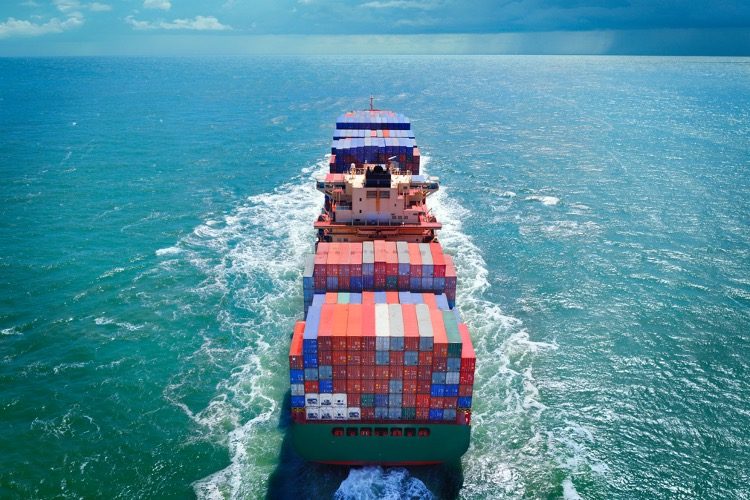
A global levy on carbon emissions inched closer to reality recently when the UN’s International Maritime Organization (IMO) concluded two weeks of negotiations in which a majority of nations involved agreed on a global carbon levy as part of the shipping industry’s “net-zero framework” for cutting greenhouse-gas emissions from international shipping.
According to climate zealots, the shipping industry alone accounts for close to three percent of global greenhouse-gas emissions. Last year, IMO representatives from 175 nations agreed to a new greenhouse-gas strategy, which would see emissions slashed by 30 percent by 2030 and by 70 percent by 2040. The goal is to be at so-called net zero emissions by the middle of the century.
Industry insiders see the new global carbon tax as a fait accompli.
“We need to recognize that there is an intermediate step in the energy transition,” said Christopher Wiernicki, the chairman of the American Bureau of Shipping (ABS). “Last year the conversations were focused on going from oil to a green fuel economy. Today, we are seeing the emergence of the blue economy that addresses carbon management, carbon capture, carbon pricing and carbon credits and offsets, as an essential stepping-stone.”
The EU and the UN are leading the transition of the brave new shipping economy.
“The EU has recognized the importance of this intermediate economy with Fuel EU Maritime, and I believe you will see a universal carbon tax emerging as the IMO and the EU will sync together,” Wiernicki declared.
It’s only one facet of the global shipping industry’s plan to get to “net zero” emissions.
“Commercial gravity alone will not get us to Net Zero by 2050. We will need ambitious measures, both carrot and stick,” Wiernicki surmised. “But a global industry needs a global approach, which is why IMO regulations are foundational for shipping.”
Climate zealots warn that any such agreement is only as good as the nations that agree to it.
“The UN is on the edge of adopting the world’s first-ever global emissions price, but the policy will only be as successful as countries make it to be,” said Sandra Chiri, of environmental advocacy group the Ocean Conservancy. “The March talks at the IMO gave us hope that a clear majority of countries … have seen the huge opportunity of pricing shipping emissions for the industry’s clean transition and for making sure that all developing countries are part of and benefit from it.”
Chiri warned of a “small but persistent minority” that seeks to water down the agreement.
The IMO and the nations involved still have a lot to work out when they next meet in September, including how much the tax would be and how the IMO intends to collect it. Pacific Island states along with Belize have called for the tax to be $150/ton of emissions, which insiders say is the most ambitious plan. As for collecting the new tax, there is some discussion of the tax being collected as a part of maritime fuel costs.
Some climate advocates expressed joy that the IMO was attempting to make global shipping, long an enemy of climate crusaders, into a more climate-friendly industry.
“This week’s negotiations at the International Maritime Organization were successful in advancing talks to climate-proof global trade,” said Panos Spiliotis of the Environmental Defense Fund. “With growing support for a universal greenhouse gas price, country delegates must now develop the right policy details to incentivize shipping decarbonization.”
Lost in all the climate-zealot congratulatory backslapping is any discussion of the costs that the unnecessary carbon tax will heap upon consumers at the end of the climate daisy chain. Ultimately, the increased shipping costs will be borne by consumers. And that is of no consequence to those who seek to impose this global tax on an uncomprehending world.




